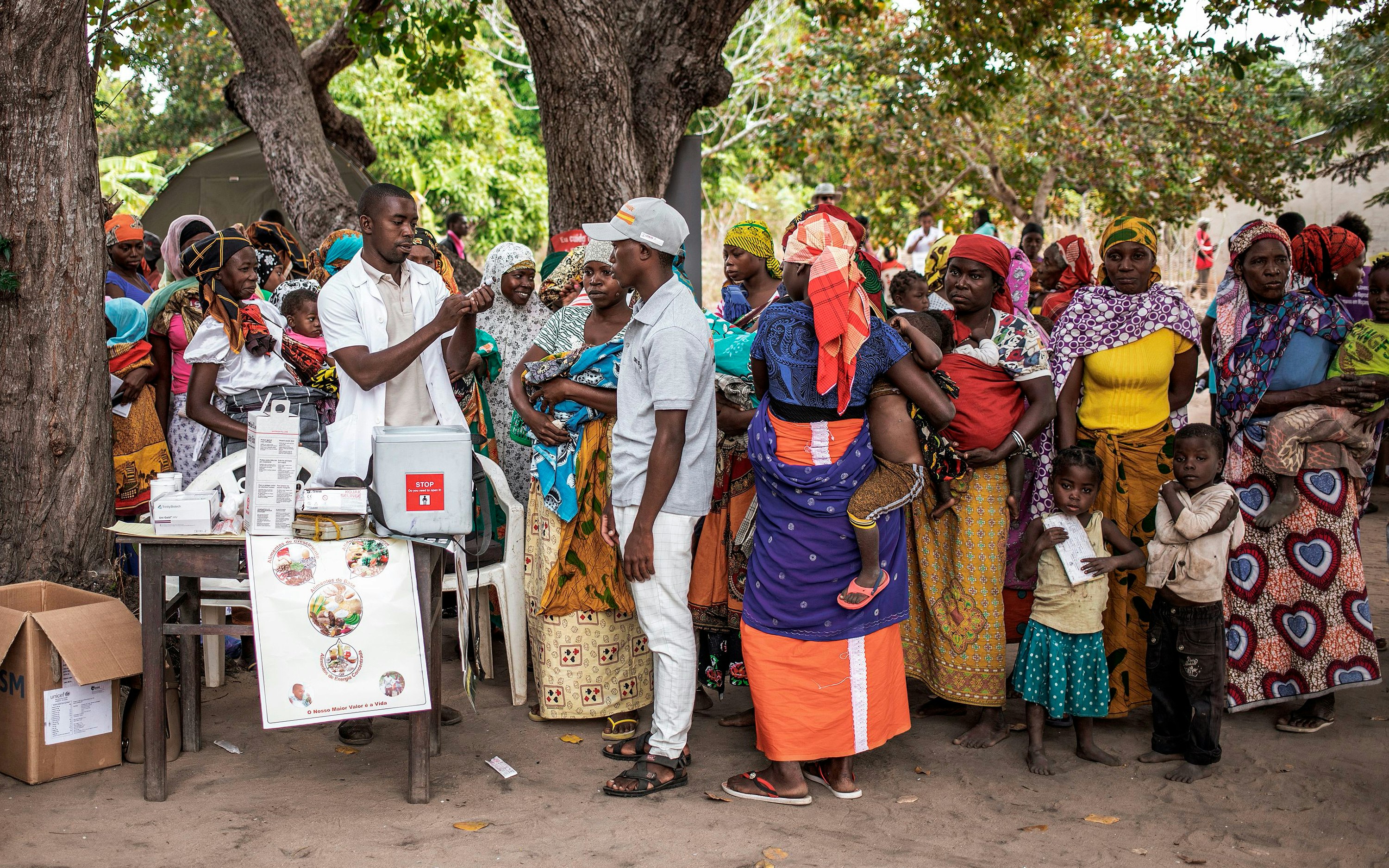Dutch Appeals Court Affirms Misconduct by TMF Management B.V. in Mozambique “Hidden Debt Scandal”
Today, an appeals court in the Netherlands confirmed that Dutch company TMF Management B.V. failed to fulfil its role as an issuer of international bonds involved in the 2016 Mozambique “Hidden Debt Scandal.” The court found that TMF did not fulfil its obligations of client due diligence and supervision under Dutch law.
The ruling demonstrates an increase in scrutiny of under-regulated sovereign debt markets in the Global South, and comes at a time when many countries are experiencing heightened pressure to recover from the COVID-19 crisis by borrowing money.
The appeals decision concerns TMF’s role in facilitating a major international fraud scheme that came to be known as the “Hidden Debt Scandal." In 2013, Mozambique borrowed $2 billion from global investors to finance development of its maritime industries. At least $750 million of these monies were embezzled or remain unaccounted for. Mozambique, overburdened with debt, eventually defaulted on the loans. That default contributed to a 2017 financial crisis in Mozambique, with the poorest parts of the Mozambican population still paying the highest price today.
The appeals court ruling largely upholds a 2018 decision by Dutch financial regulator De Nederlandsche Bank (DNB) to fine TMF 594,000 euro for issuing eurobonds in connection with the “Hidden Debt Scandal.”
TMF acted as a business services consultant to EMATUM, one of the Mozambican state-owned debtor companies, by issuing eurobonds for EMATUM in 2013 and 2016. In 2018, DNB fined TMF 594,000 euro—an unusually high fine—for its involvement in the scandal, charging it with “serious” violations of the Act on the Supervision of Trust Service Providers (Wet toezicht trustkantoren) and the 1977 Sanctions Act (Sanctiewet 1977).
In 2020, research by Transparency International Netherlands and the Open Society Justice Initiative revealed that TMF had managed to reduce the 2018 fine, and then sought to set aside the fine completely in a court appeal. During a December 2020 appeals hearing, TMF did not deny its failure to diligently monitor the Mozambique dossier, but argued that it could not be blamed for what happened to the funds it helped raise.
“Disregarding their roles defined in the law as gatekeepers of the financial system, Dutch financial market players like TMF have played a role in the facilitation of international fraud and corruption practices,” said Lousewies van der Laan, Executive Director of Transparency International Netherlands. “To protect the Dutch financial system from abuse in various ‘creative ways’ and prevent companies from shifting blame elsewhere, the Netherlands needs stricter regulations, stronger oversight and enforcement and, crucially, behavioral change in the sector itself.”
Professor Adriano Nuvunga, Chair of the Budget Monitoring Forum (FMO), a Mozambican civil society group, said, “TMF helped facilitate a significant international fraud that is contributing to the collapse of the Mozambican state and society. Mozambique’s health system collapsed long before COVID-19, with nurses and teachers barely paid. Because of the Hidden Debt, Mozambique’s gas wealth is facing pre-source curse—a resource curse that arose even before production started—compromising not only the present, but also the future of Mozambique. And a hopeless future makes recruitment for violent extremism attractive to youth in northern Mozambique. In essence, then, the illegal debts help breed violations of human rights and attacks on defenders.”
Malcolm Dort, legal officer with the Open Society Justice Initiative, added, “Corruption is not an abstract concept—it harms the lives of real people. Financial services providers like TMF, who play a role in international fraud schemes, must be held accountable for their failures. The Hidden Debt Scandal and ensuing economic crisis will take Mozambique years to recover from and, in the meantime, will reduce the ability of the Mozambican government to provide essential public services to its people. Given the likely rise of COVID-19 recovery loans in the next few years, the TMF case highlights how financial regulators everywhere—including those in the Global North—must do their part to prevent abuse of the international financial system.”
